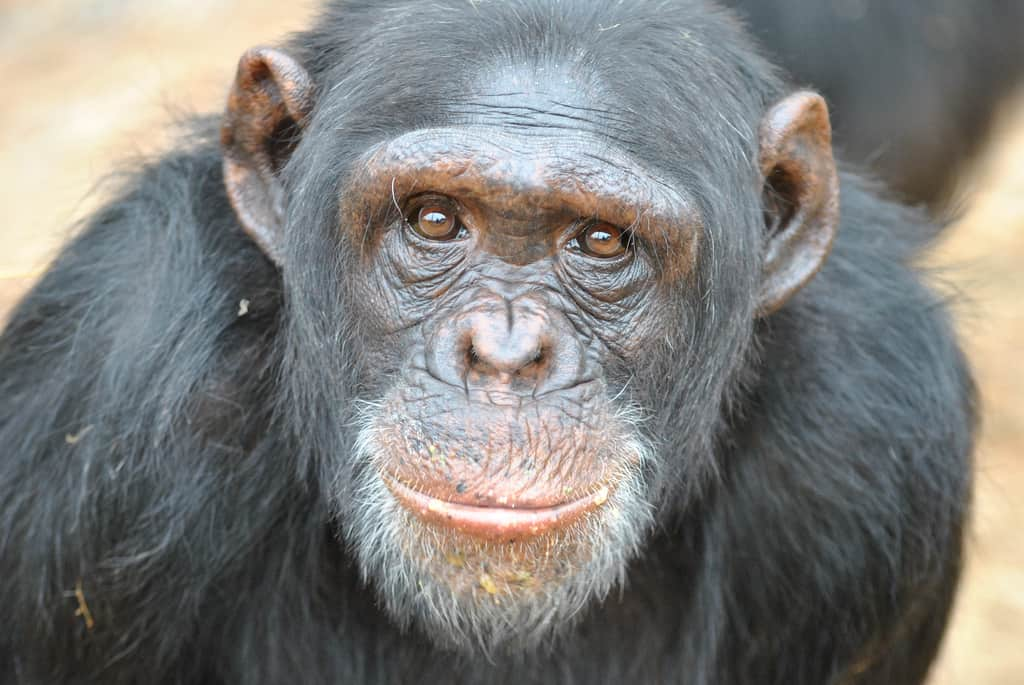Study: Male Chimps Hunt Barehanded, Females More Likely to Use Spears
OutdoorHub Reporters 04.22.15

A study recently published in the Royal Society Open Science found that in at least one population of chimps, females are much more likely to use spears and other hunting tools than males. The research was conducted by a team led by Iowa State University anthropology professor Jill Pruetz, documenting over 300 tool-assisted hunts. The study was focused primarily on a group of savanna chimpanzees in Fongoli, Senegal. The Fongoli chimps differed from most other primates in that it is one of the few non-human populations to consistently hunt with tools. Another unique feature of the group is that females hunt just as much—if not sometimes more—than males.
“It’s just another example of diversity in chimp behavior that we keep finding the longer we study wild chimps,” Pruetz said in a press release from Iowa State. “It is more the exception than the rule that you’ll find some sort of different behavior, even though we’ve studied chimps extensively.”
Pruetz’s team found that the chimps crafted primitive hunting tools, such as three-foot spears, in order to harvest galagos (small, nocturnal primates) that take refuge in tree cavities. Female chimps are much more likely to use spears during a hunt, while males generally relied on their hands alone. While the majority of hunting groups typically consisted of males, female chimps were found to hunt consistently more often. Researchers added that the use of tools did not necessarily account for a greater success rate. In fact, males made about 70 percent of all captures.
Still, the fact that the female chimps are more likely to use spears at Fongoli is a fascinating subject, and Pruetz and her team said it could paint a picture of early human hunters as well. The researchers said there are a number of reasons that Fongoli might have an especially high number of female hunters, and the first is that there are fewer red colobus monkeys, the preferred prey of chimps in other locations. Hunting for colobus monkeys is dominated by males, who are stronger and faster. Galagos are easier for females to hunt because they generally seek cover inside a tree and are eventually dispatched with a spear.
Secondly, scientists said the chimp population at Fongoli is remarkably tolerant.
“At Fongoli, when a female or low-ranking male captures something, they’re allowed to keep it and eat it,” Pruetz said. “At other sites, the alpha male or other dominant male will come along and take the prey. So there’s little benefit of hunting for females, if another chimp is just going to take their prey item.”
Females are also more likely to use spears because they were not as effective as males at chasing down prey, and sometimes may have had to hunt with an infant riding on their back. Using a spear allowed the chimps to corner and skewer prey at their leisure. Pruetz and her team asserted that the use of tools could have been similar in early humans, who often practiced persistence hunting—in which the prey is chased until it collapses from exhaustion—before the advent of tool-based hunting.
“Our understanding of what is unique to the human lineage continues to be redefined as we learn more about other species, and similarities with other animals must be closely examined to understand wherein these differences lie,” the researchers stated in the study.

